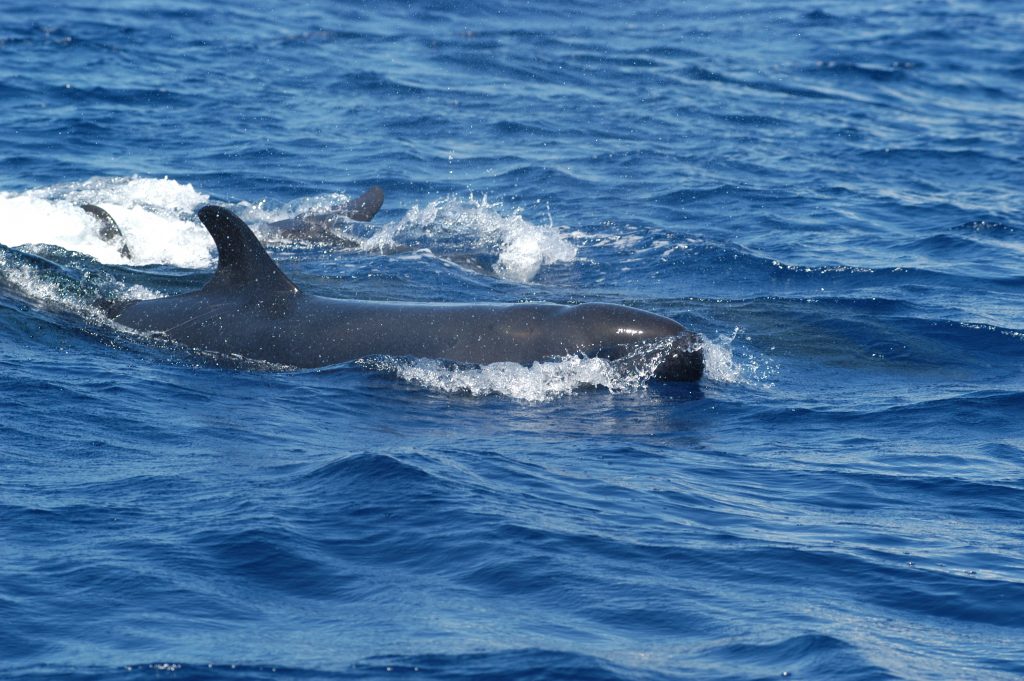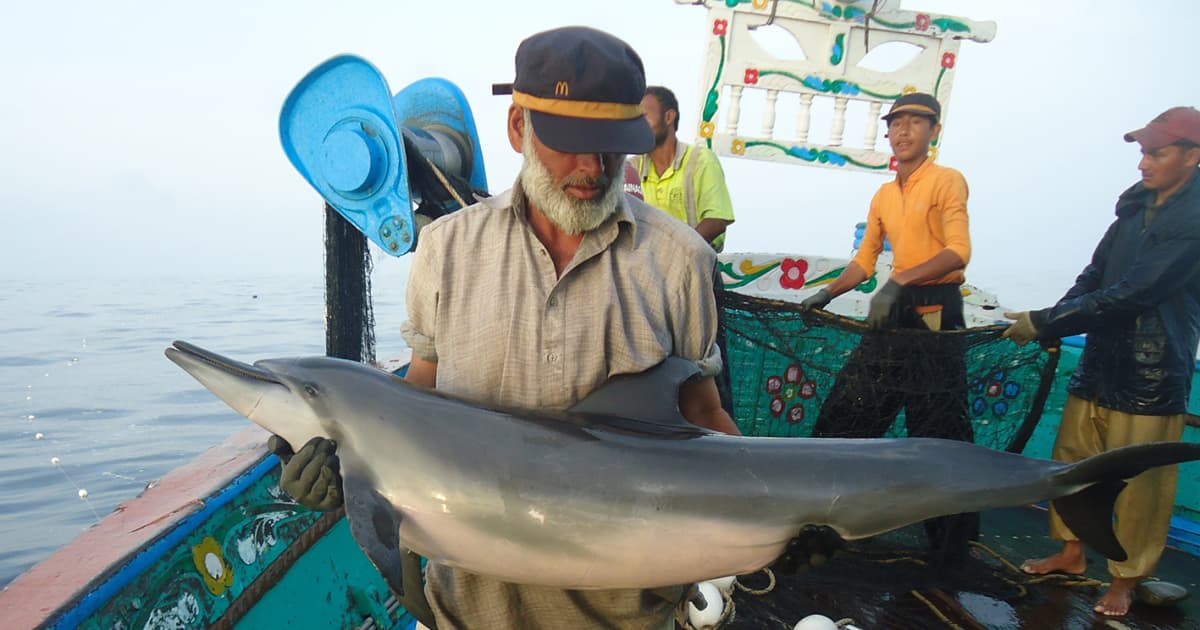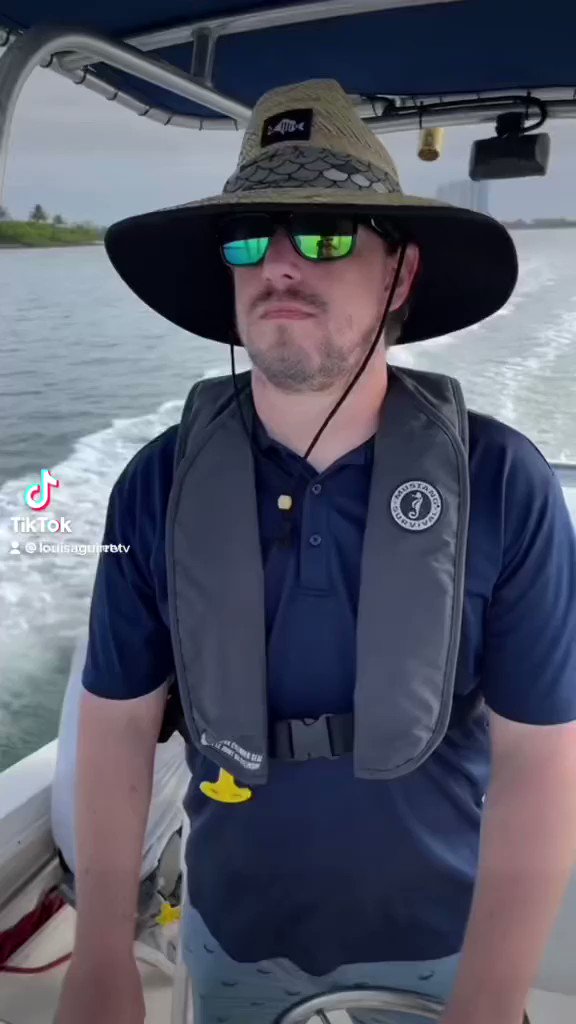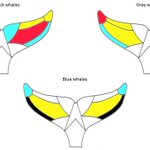Through multiple field projects around the world, we address a number of questions related to the adaptation of the sociality of cetaceans living across a variety of ecosystems. We also study the function of inter-species interactions between cetacean species, and how they affect community dynamics.
Our current projects include investigating the functional significance of mixed-species (or poly-specific) associations in delphinids, and how context-dependance affect the occurrence of these associations.
Species
Cetaceans
Partners
Cetaceans are social species that occur from rivers to the open ocean, and have developed a diversity of social systems.
Understanding how ecological forces affect the behavior of whales and dolphins
We study how environmental conditions and ecosystem changes affect the sociality of several dolphin species across multiple systems (island-associated and coastal populations), and how the social structure of some species can evolve in space and time. Methods to study the behavior of cetaceans can vary and include the use of animal-borne video systems (see below our work with Caribbean sperm whales).
Another important aspect of our work is to investigate inter-species interactions and associations (polyspecific associations). These associations can have consequences on community dynamics and have multiple evolutionary benefits, including improved foraging success, decreased predation risk and social benefits. We assess the drivers of interspecies interactions and associations, mostly in delphinids, and how the formation of multispecies associations can cascade through communities.
Unraveling the foraging behavior of deep-diving sperm whales (Physeter macrocephalus) in the Caribbean
Within a number of cetacean communities, some species can alter the behavior of others (usually smaller species, but not always) and affect their habitat use patterns. This a very new area of research, and we use a combination of visual and acoustic methods to understand these dynamics across a number of systems.
